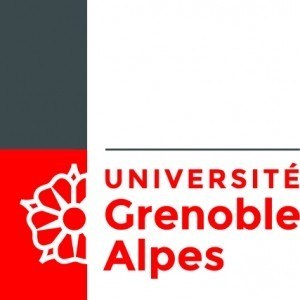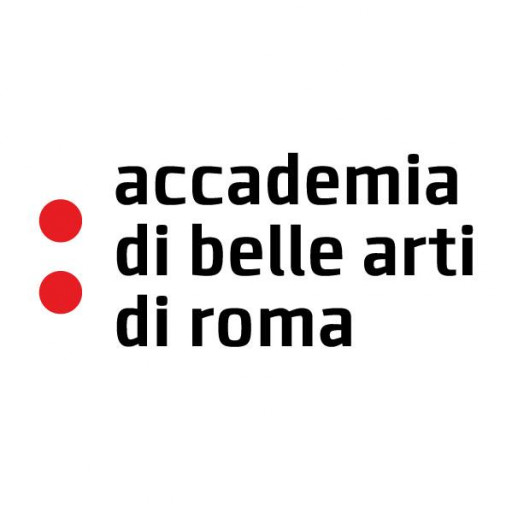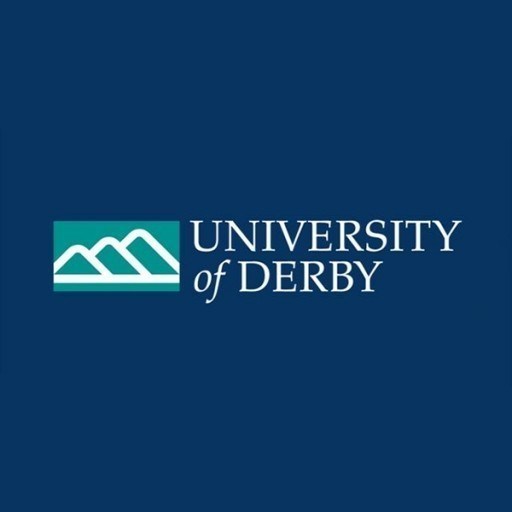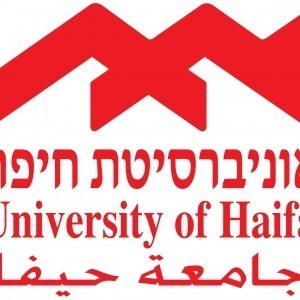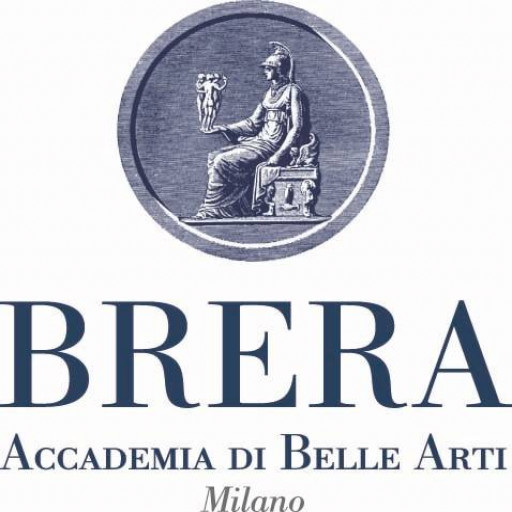Photos of university
The Bachelor’s degree program in Biotherapies and Immunology at Sorbonne University offers a comprehensive and interdisciplinary education designed to prepare students for cutting-edge careers in biomedical research, healthcare, and biotechnologies. This program intricately combines fundamental sciences such as biology, chemistry, and physiology with specialized training in immunological mechanisms and therapeutic innovations. Throughout the course, students explore the immune system’s complexities, immunopathologies, and the development of novel biotherapies including monoclonal antibodies, vaccines, and cell-based treatments. Emphasizing both theoretical knowledge and practical skills, the curriculum incorporates laboratory work, research projects, and internships in renowned research institutes and pharmaceutical companies. The program aims to equip students with strong analytical and experimental skills, enabling them to understand disease mechanisms and contribute to the development of innovative therapies for various conditions, including cancers, autoimmune diseases, and infectious diseases. Students will also learn about current regulatory frameworks, ethical considerations, and the societal impacts of biotechnological advancements in medicine. The program is designed for students interested in pursuing careers as biomedical researchers, clinical researchers, or industry professionals in the biomedical and pharmaceutical sectors. Graduates will be prepared for further academic pursuits such as Master’s and PhD programs or directly entering the workforce in research laboratories, biotech companies, or healthcare institutions. With state-of-the-art facilities, expert faculty, and a strong emphasis on research and innovation, the Biotherapies and Immunology program at Sorbonne University offers a rigorous and rewarding educational experience that positions students at the forefront of medical science and biotechnological progress.
Specialization
- Immunology - ImmunoPathology
- Research in innovative Immunotherapies and Vaccination
- Immunotherapies & BioEngineering
- Biotherapies & Immunology
- Scientific Analysis
- Project
Electives
Workshops
- Immunomonitoring
- Advanced flow cytometry
- Integrative Immunology
- Production of Recombinant proteins
- Video-microscopy
- Electron mycroscopy
Courses
- Conferences on Immunopathologies
- Conferences on allergy
- Systems immunology
- Molecular cancerology
- Valorisation & Business development
- A curriculum vitae
- An ID photography.
- A letter of application (typewritten), presenting yourself, indicating how you see your professional career, what the graduate program will bring you, and specifying the main courses that you would like to follow.
- A photocopy of the bachelor’s degree (or equivalent) and all undergraduate and postgraduate academic transcripts. Please, supply any available official information regarding your relative ranking (e.g. top 5%) and the number of students in the class.
- Two or three letters of recommendation sent to us directly (preferably by e-mail) by professors or researchers who know you well.
Funding for the Biotherapies and Immunology program at Sorbonne University can be secured through a variety of sources. Typically, students enrolling in this program have access to financial aid options such as government grants, scholarships, and bursaries designed to support students pursuing higher education in biomedical sciences. French students may benefit from national programs like the CROUS bursary, which assists students with limited financial resources. Additionally, international students can explore scholarship opportunities offered by Sorbonne University, as well as external funding agencies and foundations that support scientific research and education.
Many students finance their studies through a combination of personal savings, family support, and part-time employment. Sorbonne University also offers work-study arrangements, allowing students to gain practical experience while earning an income to support their studies. Tuition fees for the program are relatively moderate compared to private institutions, and fee reductions or waivers may be available for certain categories of students, such as those with disabilities or in specific scholarship programs.
Research funding also plays a crucial role for students involved in thesis or laboratory work. Students may have opportunities to secure research grants or assistant positions within the university or affiliated research institutes, which provide both financial compensation and valuable experience. Moreover, European Union programs, such as Erasmus+, facilitate mobility and exchange programs, often including financial support for students studying or conducting research abroad.
Students are encouraged to consult the Sorbonne University's dedicated financial aid office and scholarship portal early in their application process to identify all available financial support options. Planning ahead for funding is essential to successfully complete the program without financial hardship. Overall, the university's comprehensive approach to student financing ensures that qualified candidates can pursue their biomedical and immunology studies with manageable financial planning, maximizing their academic and research opportunities during their time at Sorbonne University.
The Biotherapies and Immunology program at Sorbonne University offers students an in-depth understanding of the complex biological processes underlying immune responses and biotherapeutic applications. This multidisciplinary training combines fundamental sciences such as cell biology, molecular genetics, immunology, and biochemistry to prepare students for careers in research, healthcare, and biopharmaceutical industries. Throughout the course, students explore the mechanisms of immune system functioning, the development of immunotherapies, and innovative techniques used in the production of biopharmaceuticals. The program emphasizes hands-on laboratory experience, advanced coursework, and research projects designed to provide practical skills and theoretical knowledge. Graduates are equipped to address challenges related to immune disorders, vaccine development, personalized medicine, and novel biotherapeutic interventions. Additionally, the curriculum includes modules on regulatory issues, quality control, and ethical considerations in biomedicine. This program is tailored for students aiming to contribute to cutting-edge research or industry roles focused on immunological therapies and biotechnologies. Collaboration with leading research institutes and biotech companies enhances the learning experience, offering students valuable networking opportunities and exposure to the latest innovations in the field. The course structure is designed to foster critical thinking, problem-solving skills, and scientific communication, ensuring graduates are well-prepared for dynamic careers. Overall, Sorbonne University's program in Biotherapies and Immunology serves as a comprehensive pathway into the rapidly evolving field of immune-based therapies and biotechnological advancements, positioning students at the forefront of medical science and innovation.

